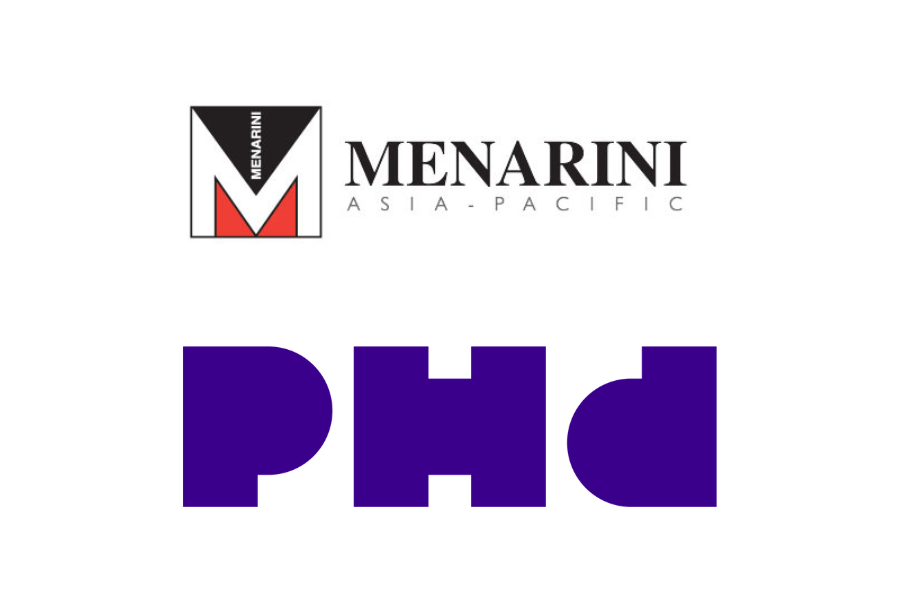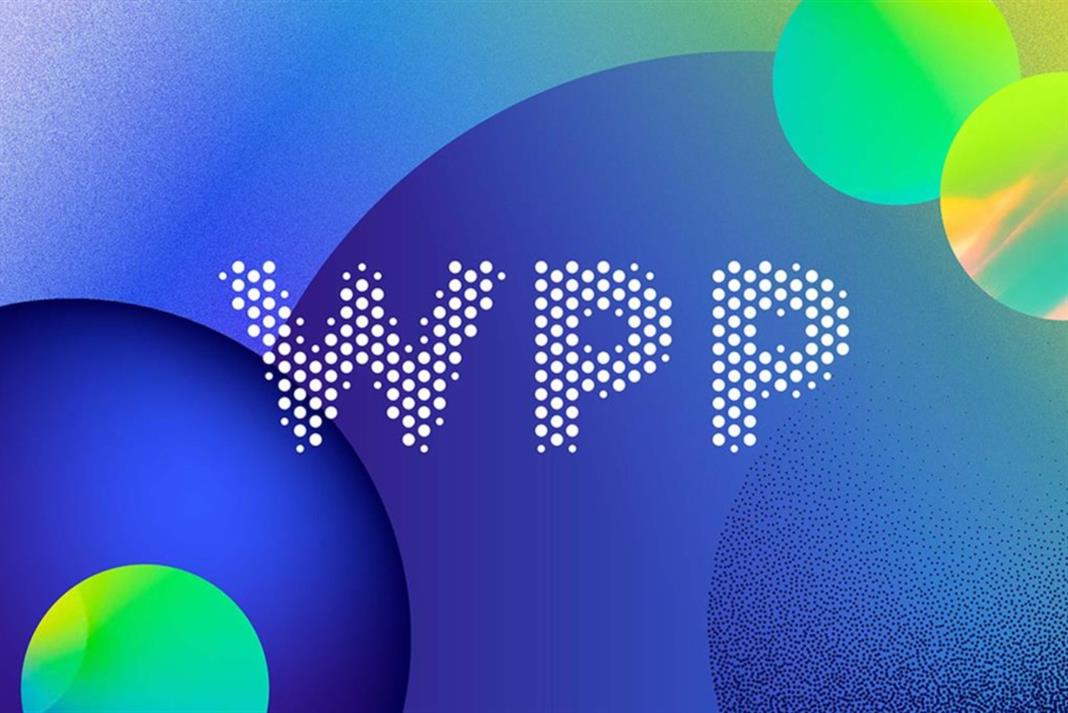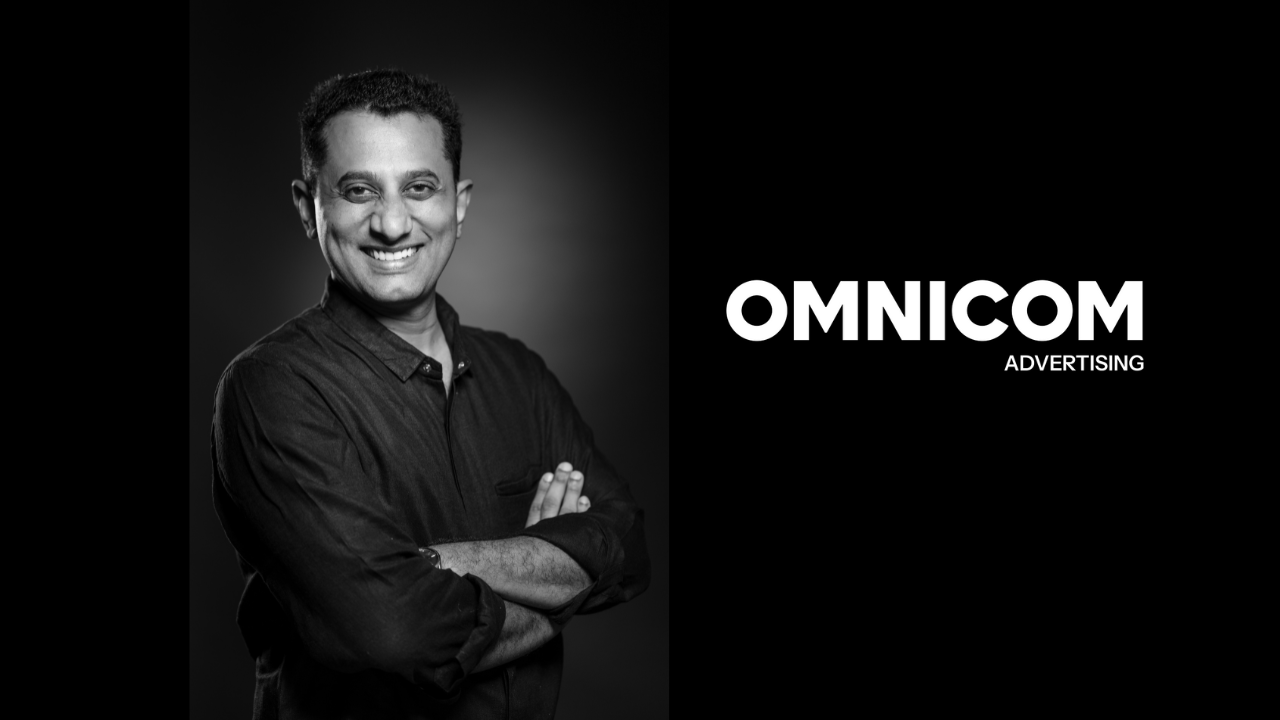When Hewlett Packard (HP) decided to in-house its global digital media operations, PHD didn’t lose a client; it helped create one. The Omnicom agency designed the 12-month transition roadmap itself — a phased handover where PHD employees first moved inside HP’s team, then gradually became full-time HP staff. The agency also supported tech integration and workflow calibration throughout the process.
“We took a phased approach where initially many PHD employees were in-housed into HP, and then over time, they transferred to become HP employees,” Eileen Ooi, CEO-Asia Pacific at PHD told Campaign. “We supported them in tech integration too.”
That unorthodox approach, of seeing in-housing not as competition but as continuity, reflects how PHD is redefining agency-client relationships. Ooi calls it “being a true partner” rather than clinging to control. “Our approach has always been that there is no point in behaving as an agency that will go against what the organisation’s ambition is,” she added.
The result, Ooi noted, is that “after in-housing, clients realise they lose a little of that creative touch and they proactively come to us for higher-level conversations. Being in the boardroom having conversations about transforming their business is a far better conversation to have.”
PHD India recently secured Marico Limited’s integrated media mandate, following a rigorous multi-agency pitch. The account covers some of India’s most recognisable brands including Parachute, Parachute Advansed, Saffola, Nihar, Livon, Set Wet, as well as newer, digital-first labels such as Beardo, Just Herbs, and True Elements.
For the agency, this is one of the largest FMCG wins of the year — a significant addition to its client portfolio and a strong endorsement of its position in India’s crowded media ecosystem.
Trust before transaction
PHD's philosophy of partnership is reflected in its numbers. PHD posted a 94% global client retention rate and a 70% pitch success rate last year, with three-quarters of its growth coming from existing clients. Ooi attributes this to what she calls “the magic in the intangibles”—a mix of culture, consistency, and care.
“During our internal survey with our clients, we’ve got the highest ever TRR (total retention rate) now within Asia Pacific. India is also doing phenomenally, with the strongest retention rate globally,” she said.
Monaz Todywalla, CEO, PHD India, sees those retention figures as a reflection of what she calls trust before transaction. “In India, clients are really looking for accountability and trusted advice, not execution,” she said. “The day you become just an execution partner, insecurities crop up. Agencies that give business-strategic direction—not just media strategy—see that reflected in their TRRs and relationships.”
PHD’s client satisfaction metric, TRR, is treated as a live barometer of performance. “We have great and bad TRR days,” Ooi admitted. “But we take that feedback and work on it. We’re unafraid to tell clients where we need them to lean in this partnership.”
In 2024, that resilience was tested. The agency faced senior departures, several high-stakes pitches, and macroeconomic volatility. Yet, PHD navigated the turbulence by leveraging client trust and strengthening internal processes. Its TRR scores revealed that responsiveness and people—not transactional metrics—were the key drivers of satisfaction.
The agency has linked TRR improvements directly to extensions and innovation projects. In some cases, this meant assigning senior leadership to key accounts, improving reporting rigour, or rotating team members to refresh relationships. The data-backed insight: proactive listening and timely action drive advocacy.
The power of empathy
For Todywalla, the same principle of listening applies internally. When she took charge during the pandemic, she noticed that work-from-home had erased boundaries—especially for women.
“Many women told me they wanted to quit because they couldn’t manage it,” she recalled. “I went strong on one woman, insisting she not give up and that we’d help her balance it. A month later, she broke down during a client meeting. That made me realise it’s good to be a mentor, but you must never let your biases hit people.”
The incident reshaped her leadership style. “We didn’t go in with any strategy,” she said, “but I ended up learning more on the job.” The company introduced tag teams to share workloads, restricted weekend meetings, and placed stricter limits on late-night client requests.
Ooi sees this empathetic management as PHD’s core strength. “Women are told they’re sensitive, but sensitivity and empathy are strengths,” she said. “It’s how you channel it—to have courageous conversations or inspire your team.”
This emphasis on emotional intelligence has informed how PHD balances talent and client retention. Both leaders see them as inseparable. “You can’t build client trust without first building internal trust,” said Todywalla.
Building scale without losing soul
Ooi’s perspective on leadership stems partly from her own path. Despite excelling at mathematics, she resisted her mother’s push toward finance or actuarial science. “The notion of working behind a desk bored me,” she has said previously. Instead, she chose advertising and marketing—fields that combined analytical rigour with creativity.
Her rise mirrors the gender gap she now seeks to narrow. Globally, women occupy just 32% of leadership roles, with Asia still lagging in several markets—15.4% in Japan and 22.6% in Malaysia.
For Ooi, capability—not quotas—should drive equity. “It’s great to measure, but why don’t we look at capable leadership beyond gender?” she said. India, she notes, “is quite far ahead,” with 73% of staff and 60% of senior management being women.
Todywalla agrees, adding nuance: “You also need to give the woman a right to say no. By overbearing on her and saying her career is equally important, we might be killing her spirit. Our job is to create an ecosystem that helps her grow.”
Beyond inclusion, PHD’s wellbeing initiatives include therapist consultations and training modules through its Intellect platform, alongside its role as co-founder of Ad Net Zero, a climate action programme for the ad industry.
Even with strong DEI and wellbeing metrics, PHD’s growth challenge lies ahead. Nearly 75% of its new business last year came from client retentions, underscoring the need to boost organic growth. As Ooi and Todywalla acknowledge, innovation and agility must now convert relationships into new revenue streams.
Picking the right talent for a tech-driven future
To address this, PHD has doubled down on AI and automation via its Omni operating system, used across Omnicom Media Group. The platform’s flexibility allows for local customisation, a crucial advantage in diverse markets like Asia-Pacific.
That adaptability is already visible. Ooi revealed how PHD’s Omni assist agents helped an airline brand uncover audience segments “that humans might not typically think about. “Through these segments, we delivered far better ROAS—and now it’s an ongoing expectation,” she added.
However, she cautions that technology alone isn’t a differentiator. “Mindset is,” she said. To that end, the agency has invested heavily in upskilling. The One Learning programme—backed by Omnicom University and Fuse—integrates functional, strategic, and AI literacy training.
Todywalla’s view on talent is pragmatic. “You’ll never get readymade talent. It’s about identifying people with the right mindset, because everything else can be taught,” she said.
The agency’s ‘Intelligence.Connected’ philosophy encapsulates this idea—using data and technology not as end goals, but as tools to enhance creativity and human understanding. Entrusting key personnel with larger mandates, regardless of tenure, has also helped reinforce retention and accountability.
Navigating consolidation and change
Yet, even as PHD expands its tech capabilities, the looming Omnicom–IPG merger casts uncertainty. The integration could bring internal competition, potential client conflicts, and talent anxiety.
“The strategies are being built,” Ooi said cautiously. “Omnicom always does it with the right intention and execution. Once we get to D-Day, we’ll treat it with utmost respect for people and culture.”
The merger could reshape media networks across regions, forcing agencies like PHD to defend accounts and reaffirm their value proposition amid intensified competition. Balancing scale with identity will be key.
Still, both leaders remain unfazed. As agencies grapple with consolidation and clients oscillate between in-housing and outsourcing, Ooi and Todywalla believe PHD’s core principles—trust, empathy, and adaptability—will endure.
That blend of emotional intelligence and operational rigour may be what defines agency success in an increasingly AI-accelerated world.
In Ooi’s words: “Being in the boardroom having conversations about transforming a client’s business is a far better conversation to have.”
And in that philosophy lies PHD’s differentiator — not in the size of its contracts, but in the depth of its partnerships. In a business built on data, it’s still the human connections that determine who stays in the room when the lights flicker.



